Putin's steely determination in space
According to the latest news from Reuters , Russian President Vladimir Putin said on October 26 that the first part of Russia's new space station - which Moscow sees as the next logical development in space exploration after the International Space Station (ISS) - will be put into operation in 2027.
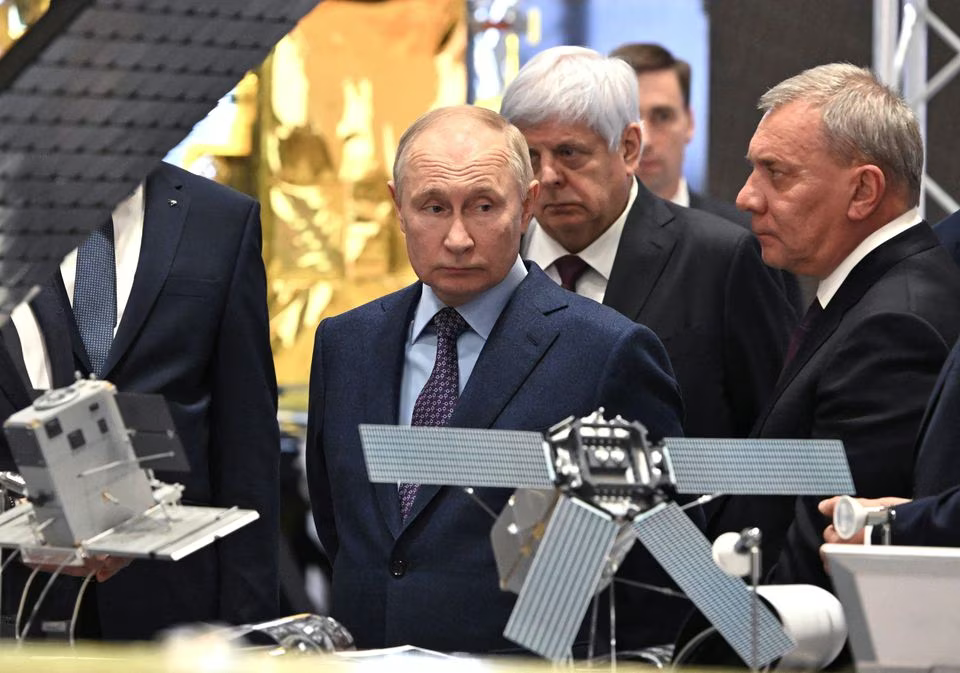
Russian President Vladimir Putin, accompanied by head of Roscosmos space corporation Yury Borisov, visits the center of the Rocket and Space Corporation "Energia" in Korolyov, outside Moscow, Russia, October 26, 2023. (Photo: Sputnik/Sergei Bobylev/Pool via REUTERS).
During a meeting with space industry officials, President Putin also vowed to continue Russia's Lunar Program despite the failure of the Luna-25 mission in August 2023 when it attempted to launch the first lunar lander in 47 years, Russian news agencies reported.
Mr Putin said Moscow's decision to extend its participation in the ISS, which has been operating for 25 years, until 2028 was only a temporary measure.
Speaking about Russia's new Space Station, Mr. Putin said: "When the resources of the International Space Station are exhausted, we need not just a part but the entire station to be put into use. And in 2027, the first part of the station will be put into orbit."
He said the development of the Russian Space Station must be carried out on schedule so that the Russian space program avoids the risk of falling behind in its ability to launch manned space flights.
"This new Russian space station must be given priority in applying all scientific and technological achievements and has the potential to undertake future missions," President Putin affirmed.
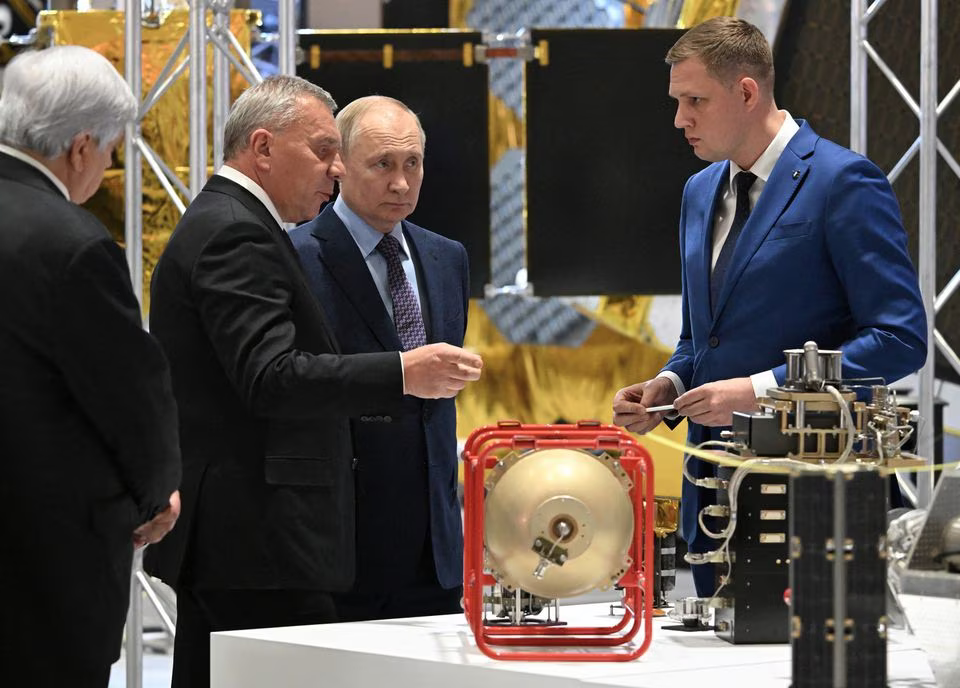
"The failure of Luna-25 is experience that we can use in the future. The lunar program will continue. There is no way we will stop it," President Putin said. (Photo: Sputnik/Sergei Bobylev/Pool via REUTERS)
For his part, Yury Borisov, head of the Russian space agency Roscosmos, agrees with President Putin's view of the Russian Space Station as a means of maintaining the country's ability to launch manned spacecraft into space.
"The ISS is aging and will end around 2030," Russian news agencies quoted Mr. Yury Borisov as saying.
Stressing the importance of the new space station, President Putin added: "If we do not start large-scale work to create a Russian space station by 2024, we will most likely lose our capabilities due to the time gap.
I mean, the ISS will soon be out of orbit, and Russia's own space station is not ready yet."
In his speech, Mr. Putin also said he had been fully informed about the technical problems that led to the accident of the Luna-25 spacecraft during its landing on the Moon's south pole in August.
Mr Putin affirmed: "Of course we will study this issue carefully. A mistake is a mistake. This is space exploration and everyone understands that.
The failure of Luna-25 is experience that we can use in the future. The lunar program will continue. There is no way we will stop it."
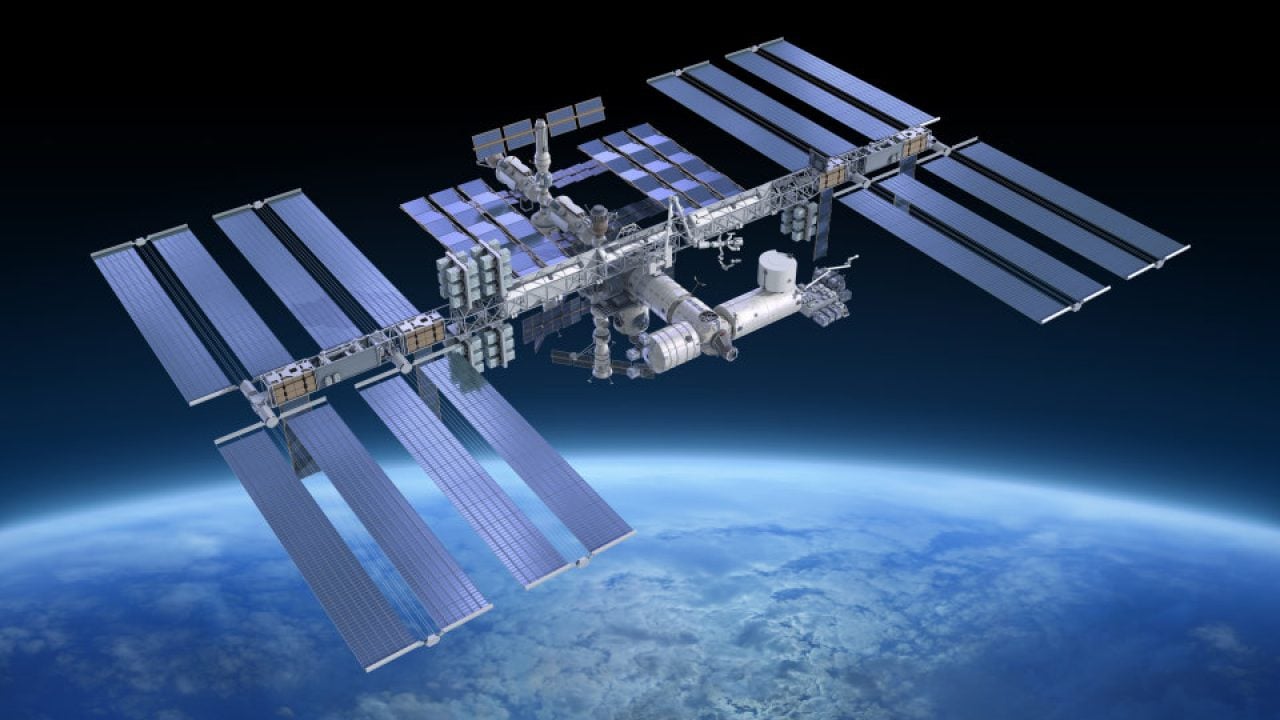
The International Space Station (ISS) is an orbiting science laboratory that has been in operation for more than two decades (Photo: NASA).
Russia's next Moon launch could be moved to 2026 instead of 2027 as currently planned, the head of Roscosmos said.
After the Luna-25 mission in 2026, Russia will continue to deploy other missions, Luna-26, 27 and 28, taking place before 2030.
The International Space Station (ISS) is an orbiting scientific laboratory - where scientists/astronauts have lived and worked for more than 2 decades. The ISS is the size of a football field, orbiting the Earth at a distance of 400 km.
At the ISS, Russia is in charge of operating the engines that allow the ISS to move, while the US is in charge of the ISS's electrical grid.
Source: Reuters
Source


![[Photo] Journalists moved to tears at the Memorial Service for the soldiers who died in Gac Ma](https://vphoto.vietnam.vn/thumb/1200x675/vietnam/resource/IMAGE/2025/5/30/9454613a55c54c16bf8c0efa51883456)
![[Photo] National Conference "100 years of Vietnamese Revolutionary Press accompanying the glorious cause of the Party and the nation"](https://vphoto.vietnam.vn/thumb/1200x675/vietnam/resource/IMAGE/2025/5/30/1cf6cd5c8a934ebfa347028dcb08358c)
![[Photo] A delegation of 100 journalists from the Vietnam Journalists Association visits the soldiers and people of Truong Sa island district.](https://vphoto.vietnam.vn/thumb/1200x675/vietnam/resource/IMAGE/2025/5/30/0984a986227d4e988177f560d2e1563e)

![[Photo] General Secretary To Lam receives Chief of the Central Office of the Lao People's Revolutionary Party](https://vphoto.vietnam.vn/thumb/1200x675/vietnam/resource/IMAGE/2025/5/30/140435f4b39d4599a3d17975dfb444c5)



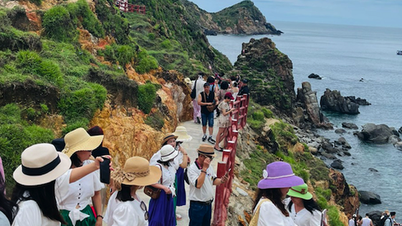




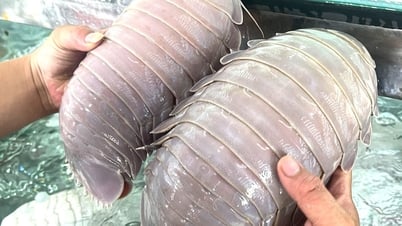

![[VIDEO] Conquering Ghenh Bang Da Nang: Overcoming difficult roads to hunt for breathtaking scenery](https://vphoto.vietnam.vn/thumb/402x226/vietnam/resource/IMAGE/2025/5/30/8b4e00397e55491fa119e538e6b81568)


















































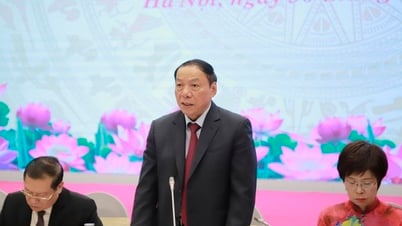



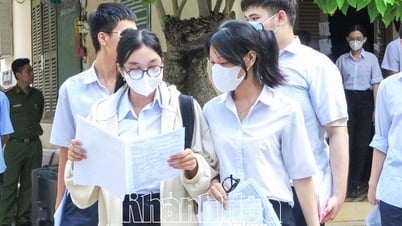

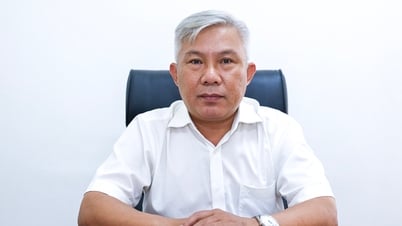











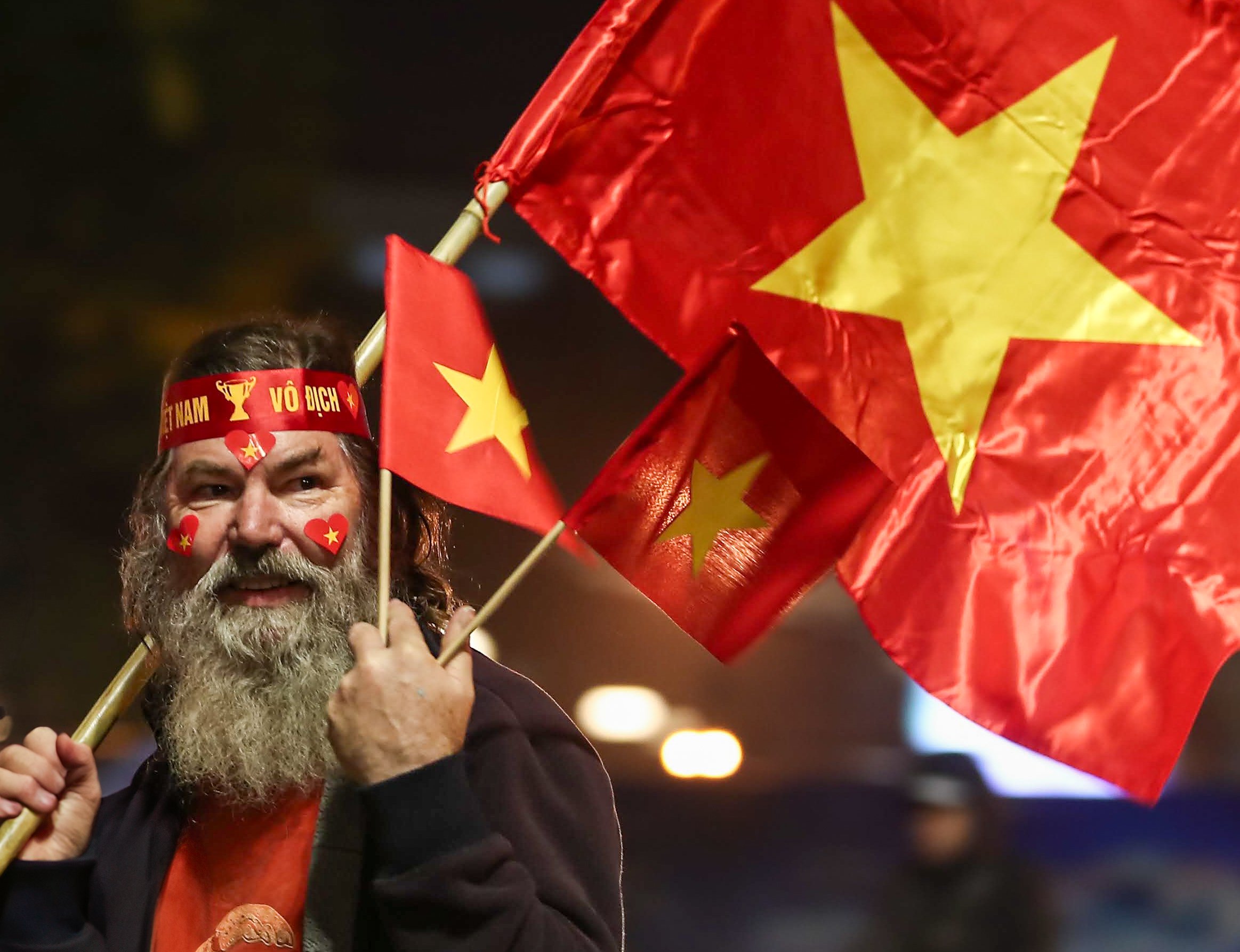



Comment (0)